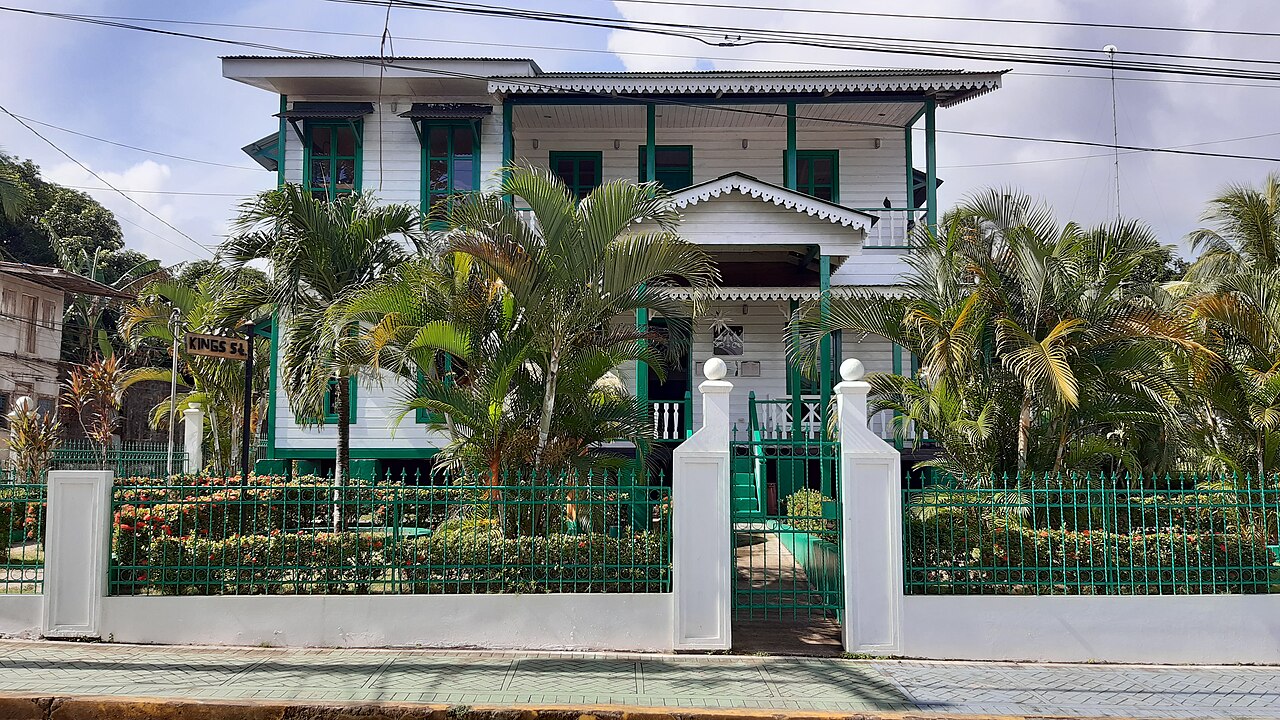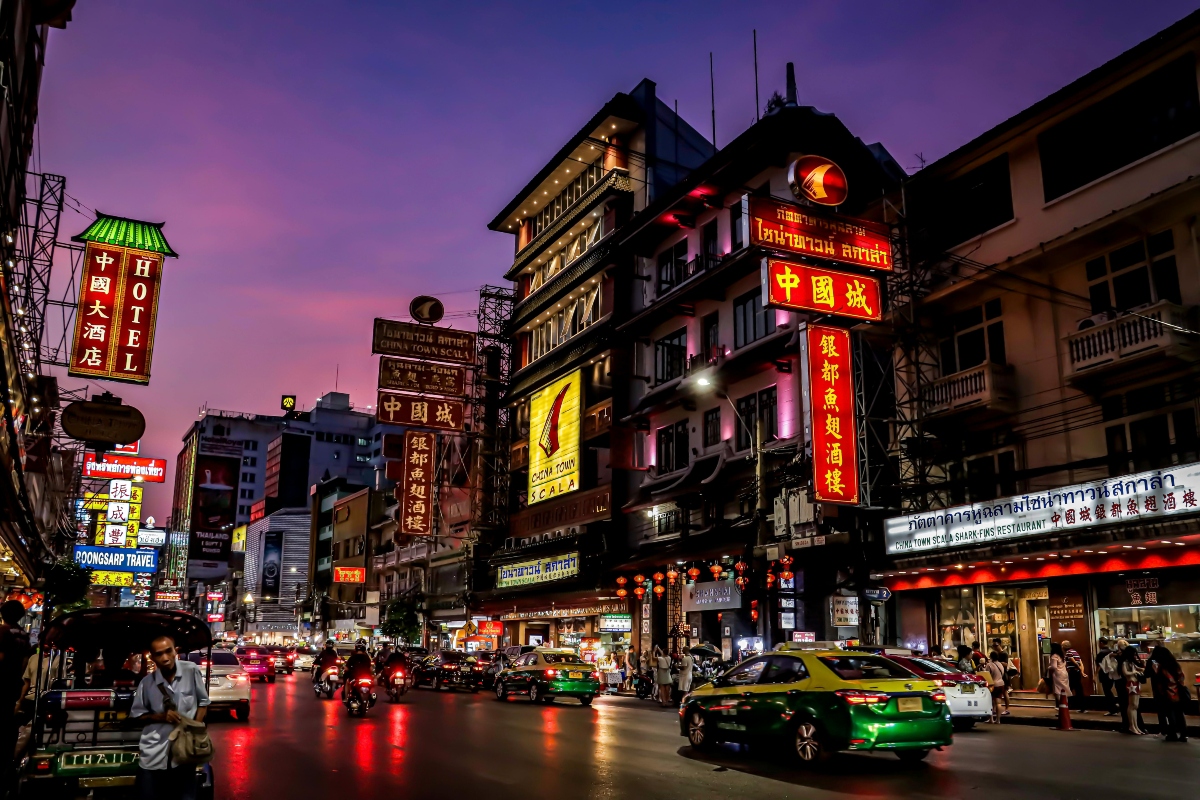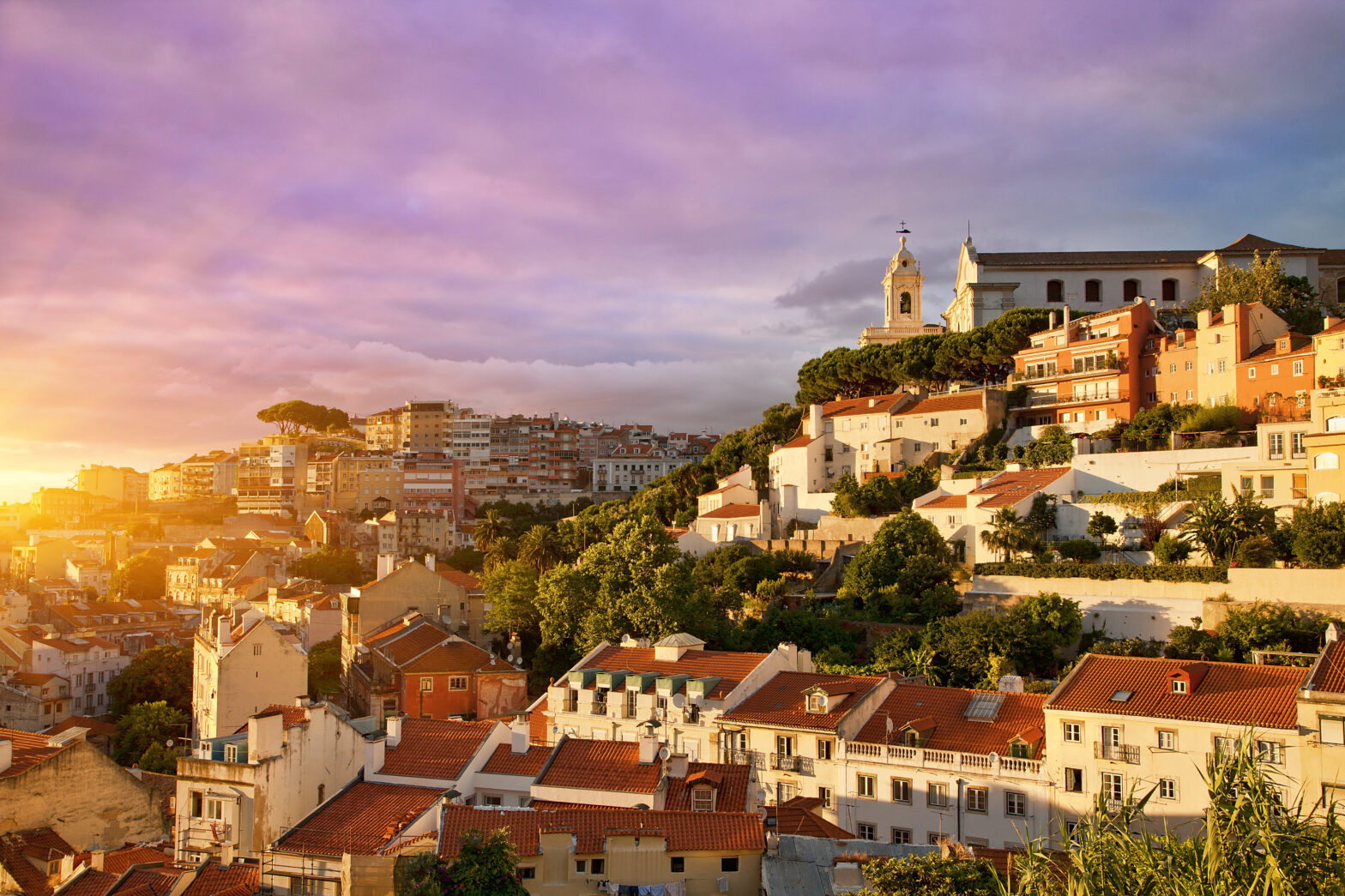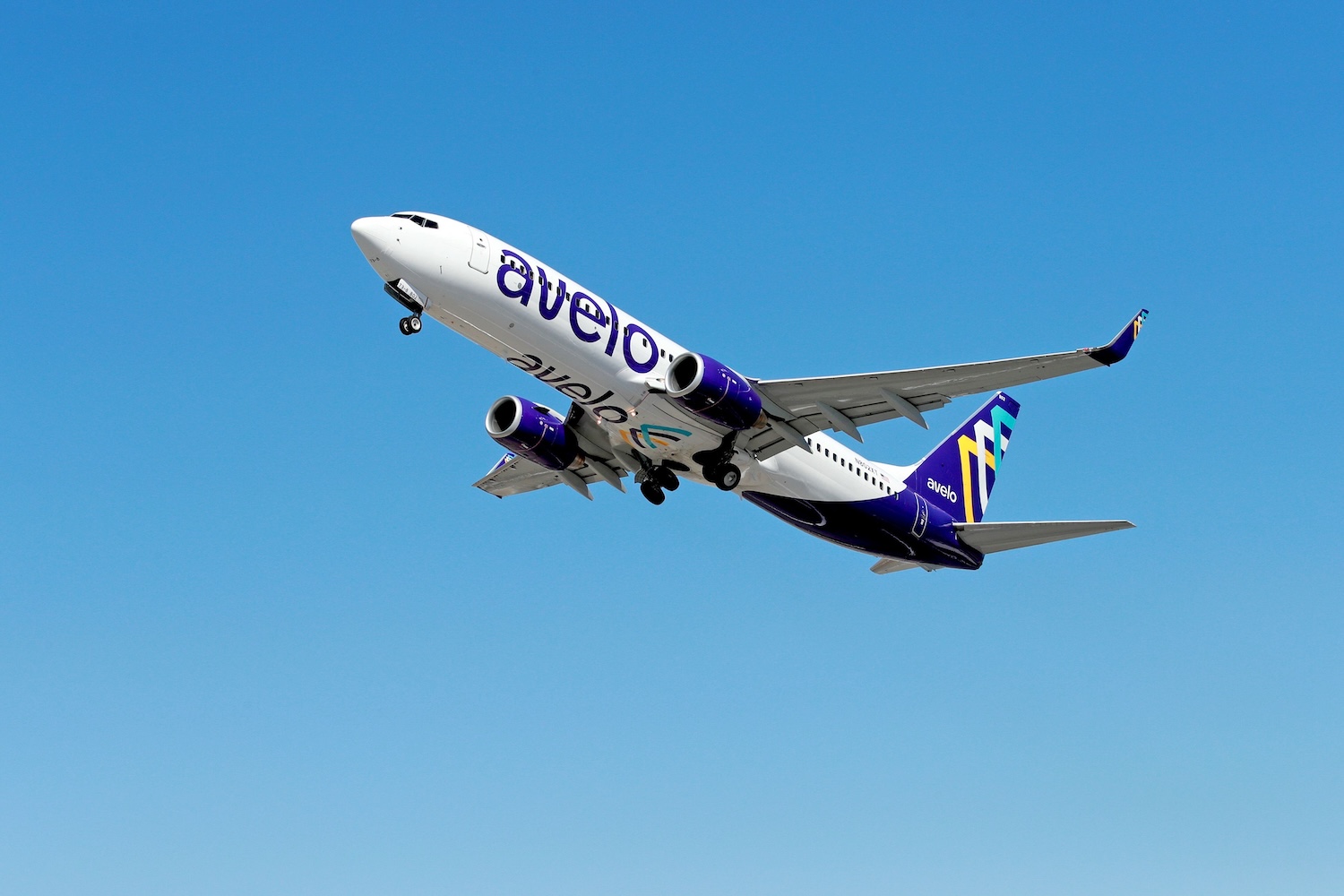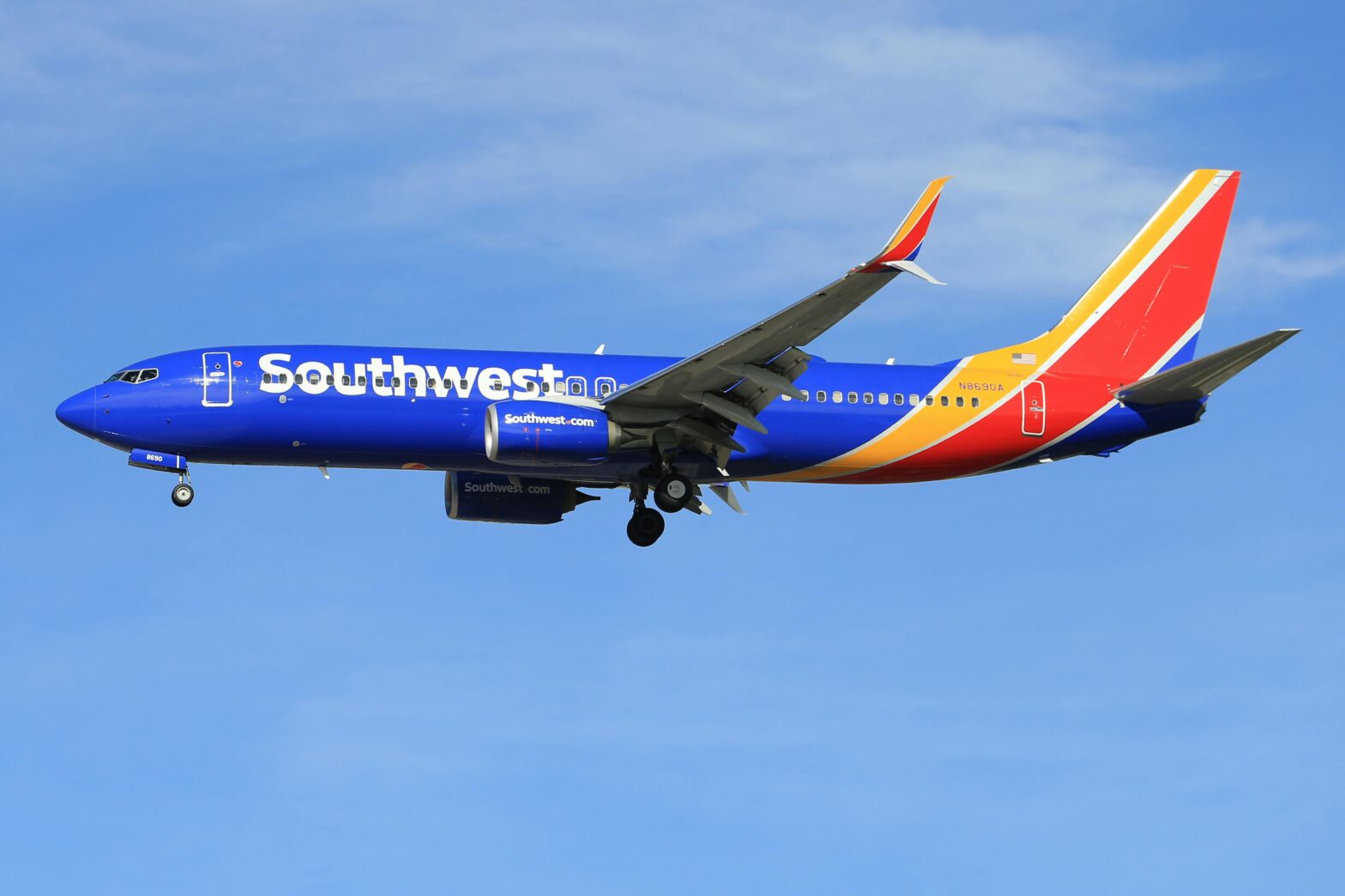Nicaraguans in the U.S. are coming to grips with the reality that they’re now on borrowed immigration time. In 2022, through a parole program (not to be confused with the military parole in place program), they may have to leave the United States once their two-year permits expire this year if they have not found another option to stay.
Approximately 100K Nicaraguans may apply for asylum or other legal protections to remain in the U.S. though. However, because there is a severe backlog in immigration courts and Nicaragua’s authoritarian government does not readily cooperate with U.S. deportations, odds are they will stay longer. In 2023, fewer than 2,400 people were deported back to their home countries.
But with so many immigration issues (especially in the current presidential run) coming into the U.S., American travelers may wonder is Nicaragua safe to visit?
Overview Of Nicaragua

If you’re into outdoorsy travel, Nicaragua is a fun place to be. Water sports and beach living are popular here, including swimming, surfing, fishing, kayaking and boating. And if you’re into the sun tanning trend, you can do that here too. Animal lovers may jump at the chance to go horseback riding. And history enthusiasts may be intrigued by the traditional sugar mills and organic shrimp farming tours.
For those who would rather see versus do, check out the volcanoes, mountains, rainforests, lakes and oceans with one of their touring opportunities. There are even jungle tours and camping adventures in this Central American country of 6.9 million people.
If you speak Spanish, you may be able to get around easily in the western half of the country, which was colonized by Spain. Spanish is their first language, and they practice Catholicism. There is also some native Indian culture mixed in. On the eastern side of the country, most people speak English and practice Catholicism faith more than the Protestant one. On the Atlantic side of the country, the vibe is closer to the Caribbean side. There are numerous people of African descent, as well as a small Garinagu population.
Official Travel Advisories Of Nicaragua
The U.S. Department of State’s Bureau of Consular Affairs categorized Nicaragua as “Level 3: Reconsider Travel.” Primary reasons for doing so include “arbitrary enforcement of laws, the risk of wrongful detention, and limited healthcare availability.” There is also increased caution in Nicaragua due to crime. Government and law enforcement officials continue to target individuals and organizations in opposition to Ortega and his wife, Vice President Rosario Murillo.
Before U.S. visitors arrive, they should know the U.S. and Nicaragua have had a strained relationship for several years, especially since President Daniel Ortega’s crackdown on massive street protests in 2018. At that time, Nicaraguans were up in arms about social security reform laws; the government enacted a 5% tax on old-age and disability pension, along with an increase in contributions paid by both employees and employers.
Local protesters believed that this monetary increase was being used as petty cash for the National Social Security Institute (INSS). The results of protesting these new charges resulted in more than 300 people killed and 2,000 injured. Victims of violence were as young as 16 (i.e., Leyting Chavarría).
In August 2023, the U.S. State Department imposed visa restrictions on 100 more Nicaraguan officials for their role in supporting the regime of Ortega. Ortega had already jailed dozens of opposition figures in order to win a fourth consecutive term in 2021 sketchy elections. He has also outlawed dozens of non-governmental organizations.
Is Nicaragua Safe for Tourists and Solo Travelers?
U.S. citizens, including dual Nicaraguan-U.S. citizens, have been subject to revocation of Nicaraguan citizenship, re-entry bans and expulsion. Travelers have been subjected to searches of their cell phones, computers and documents that may be “anti-government” content. Nicaragua also limits photography of government property and sometimes seizes devices.
Whether traveling in a group or solo, day tripping should be fine. However, you’re putting yourself in a vulnerable state by traveling at night, with loads of cash and not vetting a taxi before getting in. And no matter how friendly the place is or the stranger is, skip offers of alcohol. For women, sexual harassment may be an issue too so dress modestly. Rates of domestic abuse, violence against women and femicide (locally defined as “the murder of a woman in the public or private sphere”) increased from August 2019 to December 2020, the UN Office of the High Commissioner for Human Rights (OHCHR) reported.
Common Scams To Be Aware Of In Nicaragua
With the parole program coming to a close, common scammers are targeting those who want to resolve immigration issues. According to the Miami Herald, a web of online schemes from grifters are offering paid services to fill out the free applications, secure sponsors and speed up the application process. Happy, reunited families in the U.S. are the way they hook people in.
Tourists may be subjected to fake tour guides (specifically on Ometepe island, which is ironically nicknamed “Oasis Of Peace”), fake police, taxis in poor conditions and pickpockets (often on hot chicken buses). And no matter how cute the children are, if they’re carrying palm leaves and offering to provide a flower or cricket, it’s not uncommon to be chased down for money. Empathetic tourists may also get suckered out of money from locals claiming to need monetary help for a sick family member.
Credit card fraud is also a rising problem, so use ATMs in banks and busy locations only. Avoid resisting, if attacked or robbed, because criminals in the carry will typically carry weapons.
How To Stay Safe In Nicaragua
For travelers who choose to visit Nicaragua anyway, make sure your passport is valid and there is a plan for a quick departure. Avoid demonstrations; driving in crowds or near barricades; and use extreme caution while walking or driving at night. If you’re used to traveling with luxury baggage or expensive watches and jewelry, avoid doing so while visiting this location. Keep your profile low-key, and make sure to have accessible cash, potable water, fuel and a reasonable supply of food.
International, quality hospitals are located in Managua – Hospital Central and Hospital Metropolitano. With costs that are lower than the U.S. and Europe, travelers are required to pay for treatment. While many providers will accept credit cards or work with insurers, there are reports of some providers requiring cash.
Where To Stay In Nicaragua
Parks are strategically built to cater to tourists and visitors in Nicaragua. The country is also home to roughly 78 nature reserves, which cover approximately 8,108 miles (ca. 13,049 km) of the country. But is a camping site the safest place to stay? While places like San Juan del Sur are supposed to be safer than others, and allow camping along the sea front, petty theft and pickpocketing is still a problem here. Avoid unpatrolled hiking trails and nightly beach walks altogether.
Best Time To Visit Nicaragua
Because it doesn’t snow or get unbearably cold in Nicaragua, this is a place that can be visited all year round. However, if you’re not big on rainy days, avoid the wet season from June to October. The perks of the “green season” (a nickname for this rainy time period) is it’s less crowded and cheaper. The dry season from November to May has sunnier days and weather averaging 77–82 degrees. Expect to spend a few more bucks though.
People Also Ask
Is Nicaragua a rich or a poor country? In addition to being vulnerable to droughts and hurricanes, approximately 30% of Nicaragua’s population lived below the poverty line. In 2020–2022, 17.8% of the population was malnourished, and more than 8% lived in extreme poverty. As the second-poorest country in the Western Hemisphere, the country’s unemployment reached nearly 6% in 2021 and the gross domestic product per capital was $2,100 the same year.
What is Nicaragua’s typical food? With indigenous, African and Spanish influences, this is a place for foodies to get a little of everything, including gallopinto (rice and red beans), nacatamal (meat tamales), and pinolillo (ground, toasted corn and a drink of cacao).
Should You Still Travel Here?
Because of the heightened concerns about protesters and the current state of the government, Nicaragua may be one of those vacation spots to put a pen in for now. But if you’re a lover of travel who knows how to navigate locals who try to target tourists, you may be OK. Travel during the day. Stay away from night spots. Enjoy the food, the culture and the recreational activities. But be very careful with any important documents (especially your passport, license and cash) and plan ahead for emergency exits if needed.
